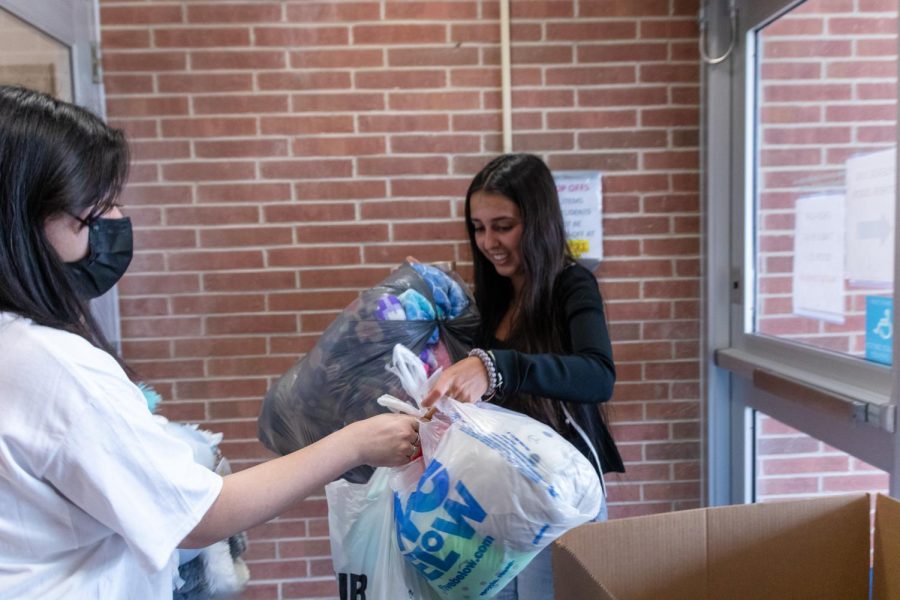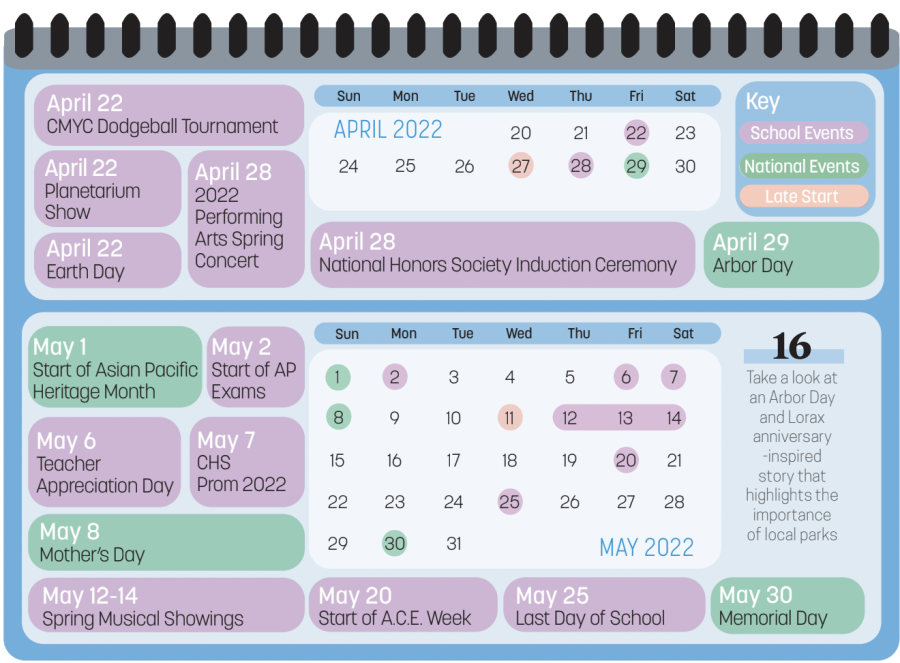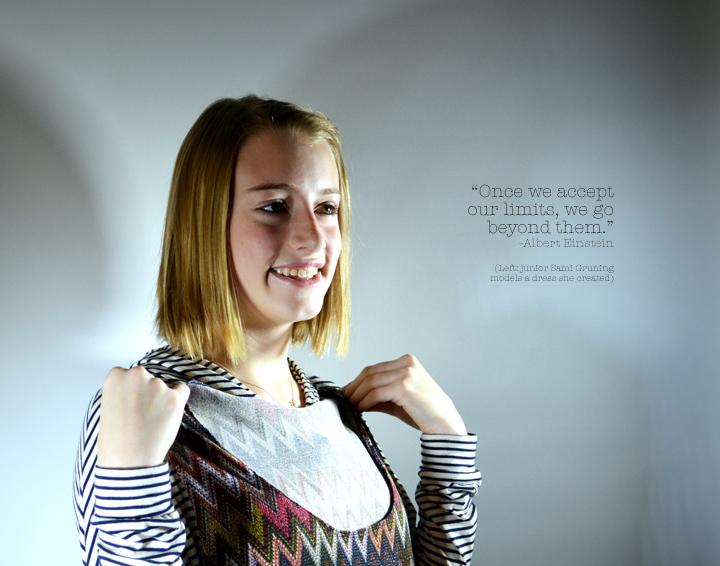As she prepares to present her idea for a fashion store to members of Nordstrom’s BP. Fashion Board, junior Sami Gruning thinks about the struggles she has faced with speaking aloud and expressing her words and thoughts accurately. Yet, when she begins to talk, she seems to overcome her difficulties.
Gruning has dyslexia, which causes her to have trouble reading and slows her writing process. However, her passionate interest in fashion has allowed her to overcome aspects of her disability.
 “I’ve always had trouble getting my thoughts onto paper, so in fashion, when we design something or we’re talking about our store at the Fashion Board, we always have to get up in front of everyone and talk about whatever the project is,” Gruning said. “And talking and getting my words together, I’ve always had trouble with, and so I would say expressing something that I really like is easier and has made (it easier for me to be) able to talk out loud like that and get my thoughts down to what I’m actually trying to say.”
“I’ve always had trouble getting my thoughts onto paper, so in fashion, when we design something or we’re talking about our store at the Fashion Board, we always have to get up in front of everyone and talk about whatever the project is,” Gruning said. “And talking and getting my words together, I’ve always had trouble with, and so I would say expressing something that I really like is easier and has made (it easier for me to be) able to talk out loud like that and get my thoughts down to what I’m actually trying to say.”
According to a Nov. 8, 2013 TIME article, “The Pain of Piano Lessons: Can You Force Kids to Develop Interests?” students like Gruning can overcome their academic difficulties or perceptual disabilities through their individual passions.
Rosalie Fink, professor emerita of English and literacy at Lesley University, has written articles and books about the ability of personal interests to help students with learning disabilities succeed. She has conducted a study of 66 individuals with learning disabilities and found that they found success by focusing on their interests.
“(Interest) motivates people because if you follow something you’re interested in, usually that’s something you do well, and by doing it well, you get gratification,” Fink said.
Fink said people who are recognized as smart or talented in some areas develop their self-confidence and gain respect from others in the community, thus making it possible for them to continue to persevere and work hard at school subjects that they may find to be more challenging than others do.
Fink said, “In the case of the studies I’ve done, many of these people who later became quite famous as scientists, for example, were failing in school. They persevered and developed real confidence in their interest area, and that helped them to succeed in other areas where they weren’t apparently naturally strong.”
Gruning said she found out she had dyslexia in second grade. When she eventually discovered her love for fashion, she said she began to read more frequently than she had before by reading fashion books.
Gruning added, “I read a lot of books that have to do with fashion, and that actually surprised me. I started liking fashion when I was probably 8 or 9, and so I was interested in those kinds of books.”
Gruning said she struggles with spelling and reading for long periods of time because of her dyslexia. Nonetheless, she said fashion helped her become a better speller due to the complicated words in fashion terminology, as well as increased the amount of reading she does.
“I think (fashion) kind of chose me. To be honest with you, I’ve always liked to pick out my own clothes and I always wanted to know about fashion, so I think that was kind of my escape almost,” Gruning said. “When I’m doing fashion and when I’m cutting out pieces of fabric to make designs, it feels like I’m a different person almost.”
According to Gruning’s mother Jeri Gruning, Sami began to show signs of her passion for fashion at the age of 4.
“She would never go out of the house without a matching purse with her outfit, and she always wanted to wear high-heeled shoes everywhere we went, and she had definite ideas about her clothes,” Mrs. Gruning said. “She didn’t want me to pick them out. She wanted to have her own outfits, so (her love for fashion) started at a very young age”
Mrs. Gruning said the passion Sami has for fashion has helped her overcome some aspects of her dyslexia.
“I think she’s always been very confident, and confident people have a tendency to kind of express themselves freely, maybe more freely than other people do, whether it be through their clothes or music or whatever. She has never cared really too much about what other people think, so she has felt like she could express herself, and fashion was one of the ways that she has always felt comfortable (with),” she said.
Fink said teachers and families can help students discover their passions.
“Parents and teachers can try to nurture children’s interests (and) encourage them to pursue what they’re really interested in, not only in school but even in college, graduate school and as a career,” Fink said. “In addition, parents and teachers can help kids of all types, not just those with disabilities.”

Fink said they can help “by realizing that people have what Howard Gardner (who is the professor of cognition and education at the Harvard Graduate School of Education) calls ‘multiple intelligences,’ which is simply that people have different abilities. Some people are strong in math, others are strong in science (and) others are strong in dance or writing, and I think it’s important for teachers to nurture and encourage kids to develop what they’re really good at, in addition to working hard at what they may be less naturally good at.”
Fink added that teachers can give students reading interest inventories and take notice of subjects that their students seem fascinated with in order to help them discover their passions.
Mrs. Gruning, who tried to foster passion in Sami, said, “Just when I saw (Sami’s) interest (in fashion) and saw that it was a talent she had that came so naturally to her and something she truly loved, I just tried to foster it as much as we could.”
Although obstacles may arise, whether they be disabilities or difficulties in general, students can overcome them by following their interests.
“(Fashion is) my motivation to keep working hard. When I’m drawing clothes or whenever I’m reading a fashion book or in the BP. Fashion Board, it doesn’t have to do with my dyslexia, and since I have (fashion) inside of me as what I want to do, that’s my motivation to keep going,” Sami said. “I can’t describe how it is, but I know that (fashion) is what I want to do.”










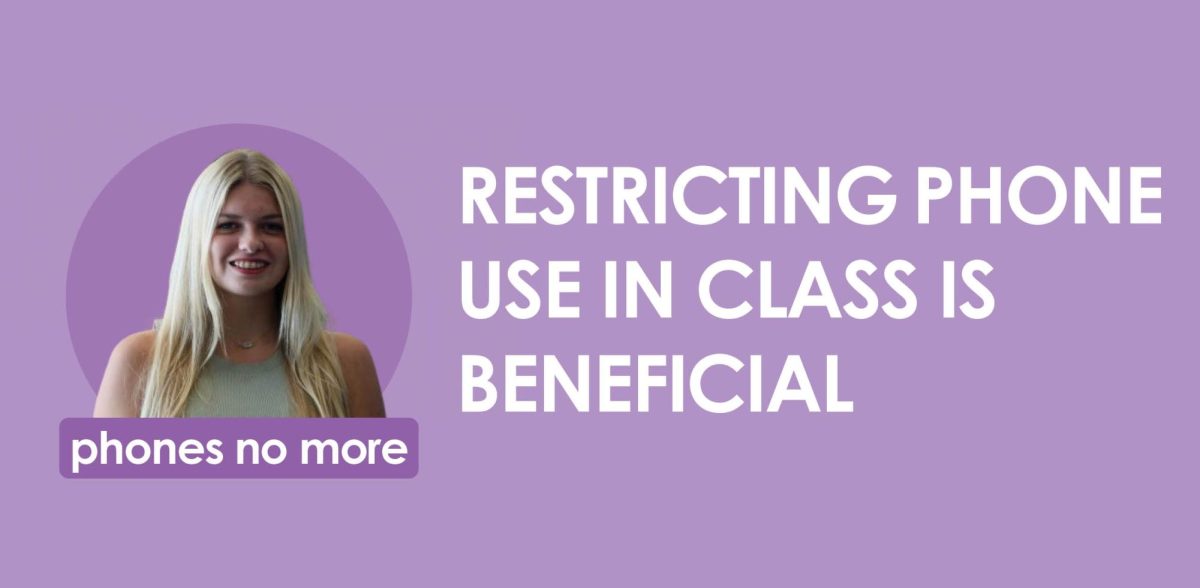
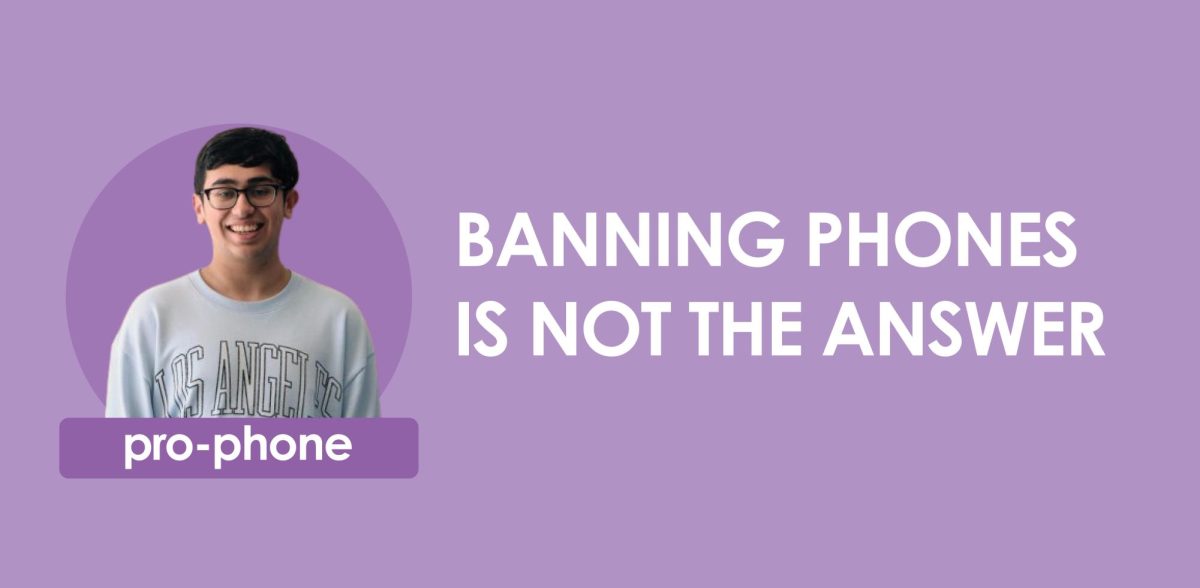
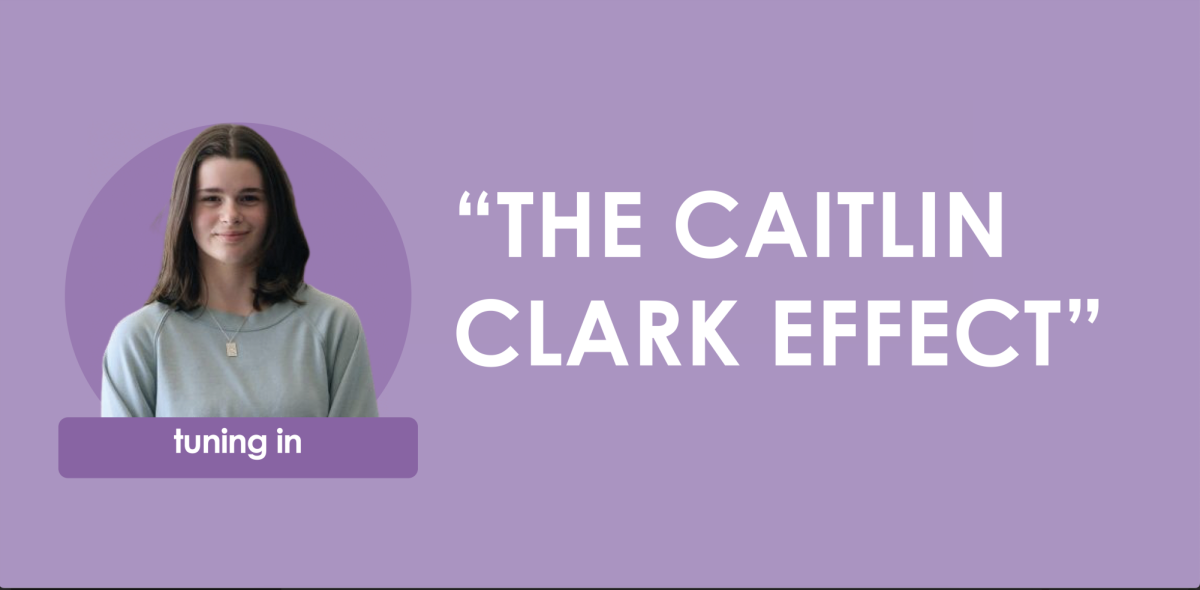

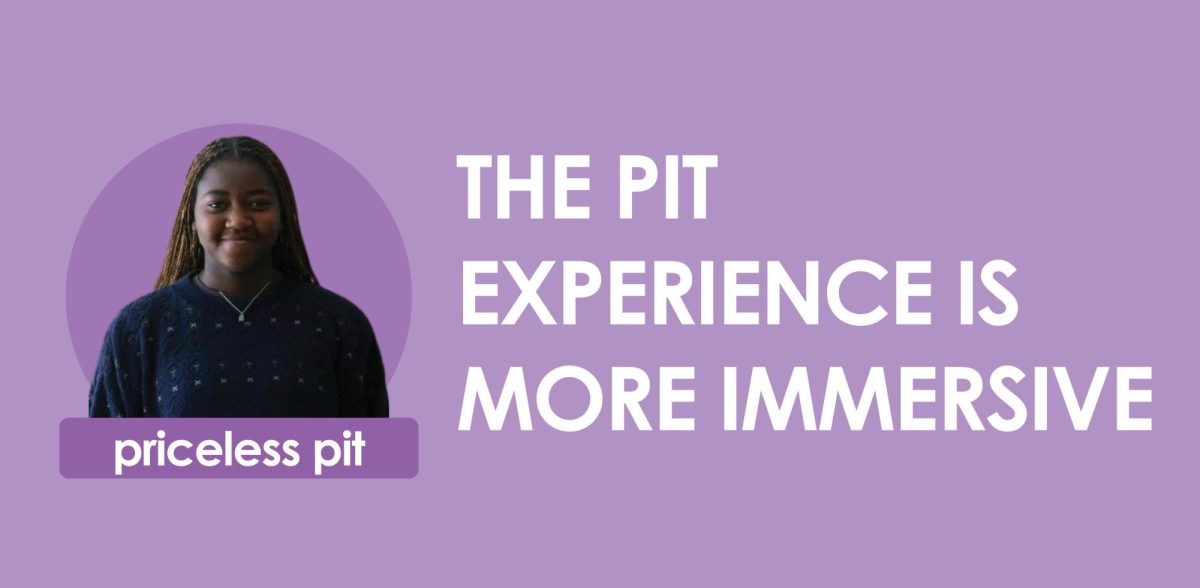



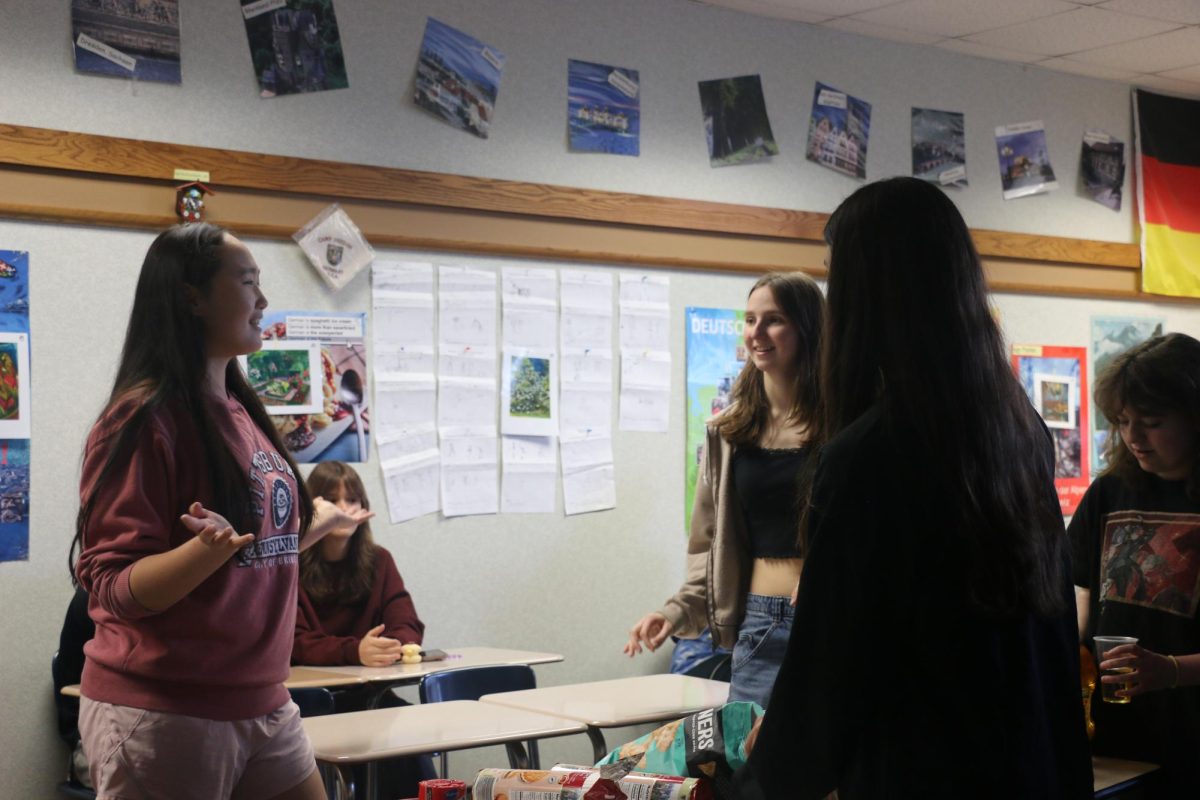

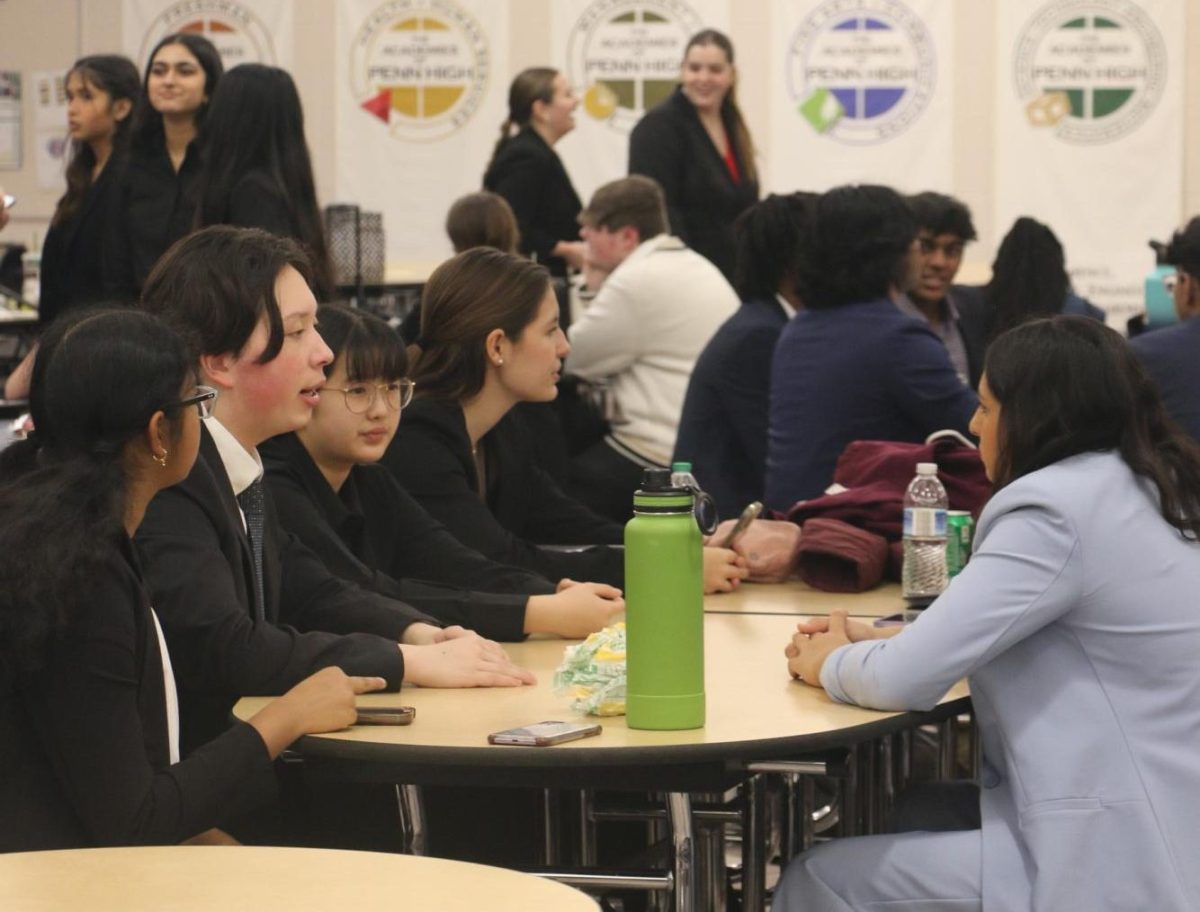
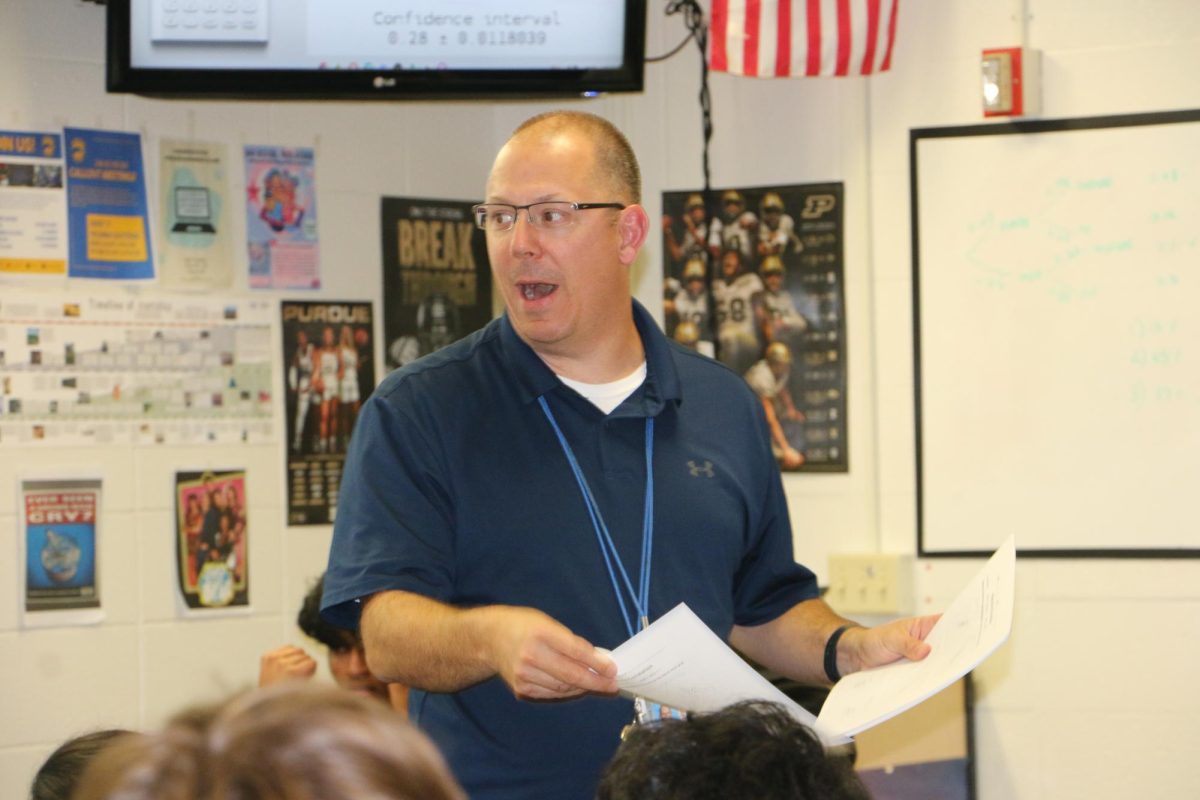








![Family vlogger controversy, need for content reform [opinion]](https://hilite.org/wp-content/uploads/2024/05/Screenshot-2024-05-14-11.33.37-AM-1200x465.png)





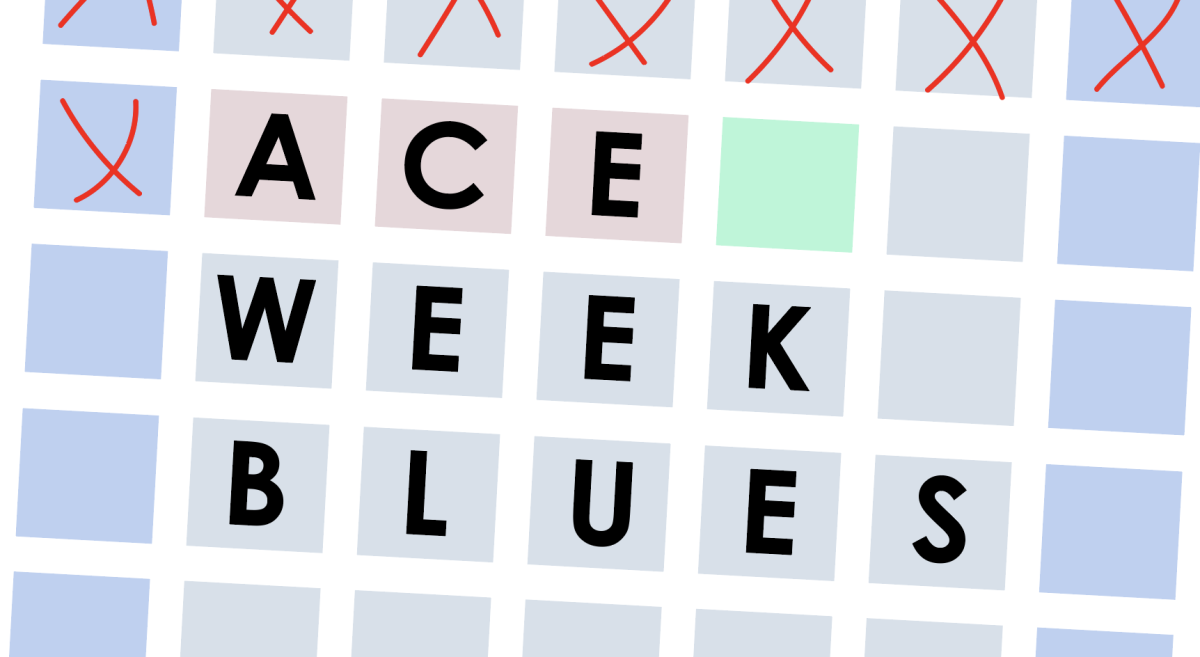
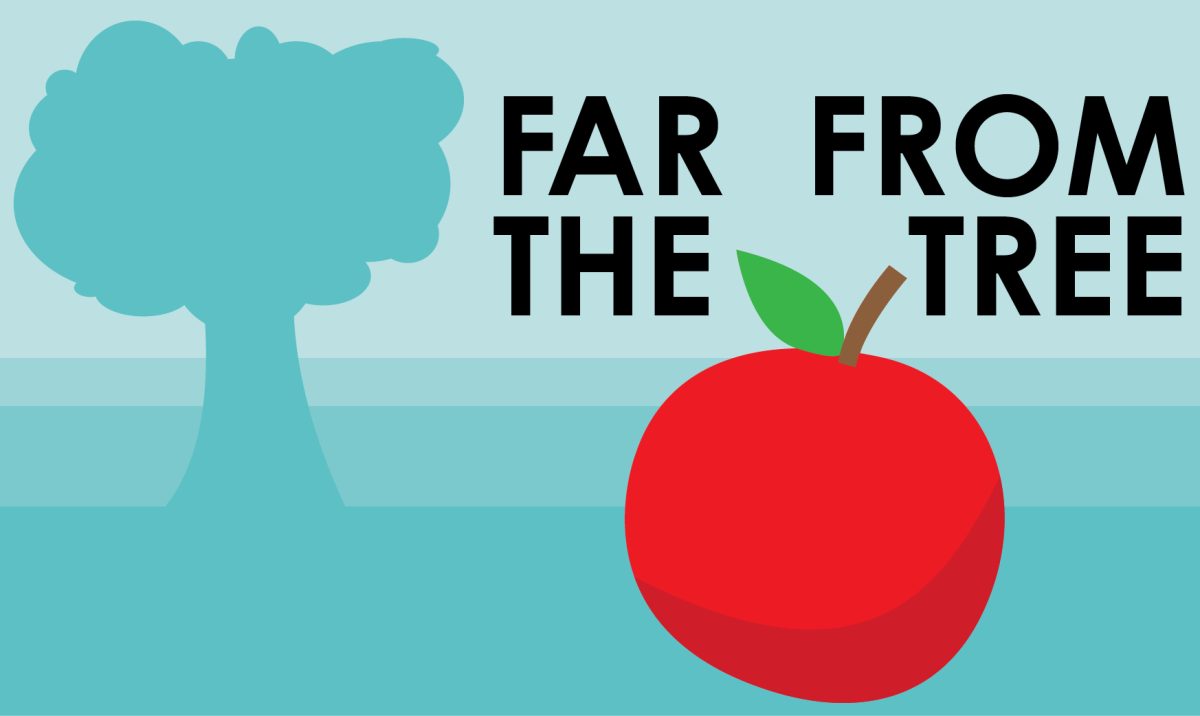

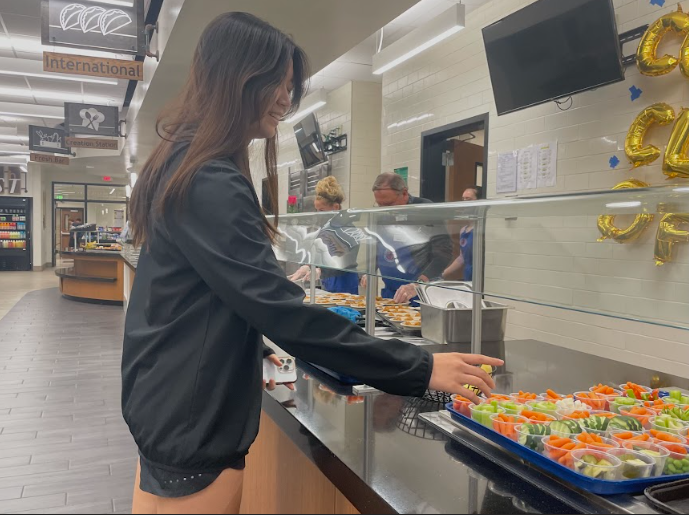





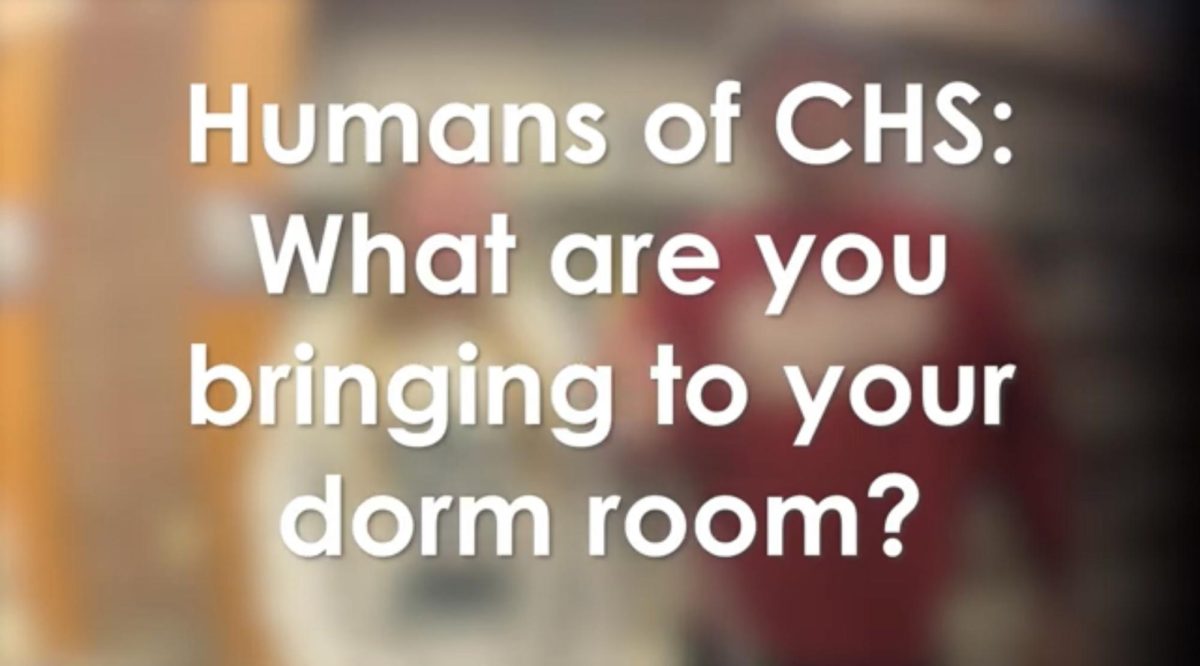













![Review: Taylor Swift’s new album The Tortured Poets Department is not her best work but is still a brilliant album [MUSE]](https://hilite.org/wp-content/uploads/2024/05/The-Anthology_Cover-1200x675.webp)
![Review: Challengers does it all [MUSE]](https://hilite.org/wp-content/uploads/2024/05/challengers-poster-1200x600.png)
![Review: A House of Flame and Shadow by Sarah J. Maas was a disappointing read [MUSE]](https://hilite.org/wp-content/uploads/2024/05/house-of-flame-and-shadow-feature.png)
![Review: Conan Gray’s new album, “Found Heaven”, is a refreshing twist on modern music [MUSE]](https://hilite.org/wp-content/uploads/2024/05/Screenshot-2023-10-31-at-16.01.05.webp)
![Review: “Bodies, Bodies, Bodies” is the quintessential Gen-Z movie [MUSE]](https://hilite.org/wp-content/uploads/2024/05/Screenshot-2024-05-15-140618.png)
![Review in Print: Maripaz Villar brings a delightfully unique style to the world of WEBTOON [MUSE]](https://hilite.org/wp-content/uploads/2023/12/maripazcover-1200x960.jpg)
![Review: “The Sword of Kaigen” is a masterpiece [MUSE]](https://hilite.org/wp-content/uploads/2023/11/Screenshot-2023-11-26-201051.png)
![Review: Gateron Oil Kings, great linear switches, okay price [MUSE]](https://hilite.org/wp-content/uploads/2023/11/Screenshot-2023-11-26-200553.png)
![Review: “A Haunting in Venice” is a significant improvement from other Agatha Christie adaptations [MUSE]](https://hilite.org/wp-content/uploads/2023/11/e7ee2938a6d422669771bce6d8088521.jpg)
![Review: A Thanksgiving story from elementary school, still just as interesting [MUSE]](https://hilite.org/wp-content/uploads/2023/11/Screenshot-2023-11-26-195514-987x1200.png)
![Review: When I Fly Towards You, cute, uplifting youth drama [MUSE]](https://hilite.org/wp-content/uploads/2023/09/When-I-Fly-Towards-You-Chinese-drama.png)
![Postcards from Muse: Hawaii Travel Diary [MUSE]](https://hilite.org/wp-content/uploads/2023/09/My-project-1-1200x1200.jpg)
![Review: Ladybug & Cat Noir: The Movie, departure from original show [MUSE]](https://hilite.org/wp-content/uploads/2023/09/Ladybug__Cat_Noir_-_The_Movie_poster.jpg)
![Review in Print: Hidden Love is the cute, uplifting drama everyone needs [MUSE]](https://hilite.org/wp-content/uploads/2023/09/hiddenlovecover-e1693597208225-1030x1200.png)
![Review in Print: Heartstopper is the heartwarming queer romance we all need [MUSE]](https://hilite.org/wp-content/uploads/2023/08/museheartstoppercover-1200x654.png)






















![Review: “Ginny & Georgia” is a dramatic and poorly made emotional rollercoaster–and I loved it anyway [MUSE]](https://hilite.org/wp-content/uploads/2024/03/ginny-and-georgia-season2-main-be37bbb9487a41e88b3f66c3baacd5c3-300x177.jpg)
![Review: Witch Hat Atelier is a masterpiece in art and world-building, but the story has only begun [MUSE]](https://hilite.org/wp-content/uploads/2024/01/unnamed-211x300.png)
![Review: “Mysterious Lotus Casebook” is an amazing historical Chinese drama [MUSE]](https://hilite.org/wp-content/uploads/2024/03/0-300x170.webp)
![Review: “A Little Life” by Hanya Yanagihara is the epitome of a heartwrenching masterpiece [MUSE]](https://hilite.org/wp-content/uploads/2024/01/unnamed-5-300x200.png)


